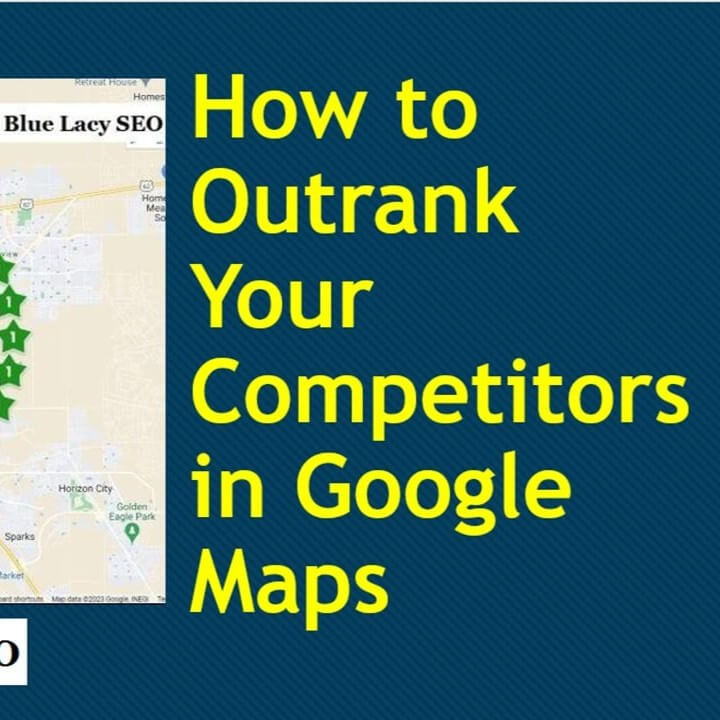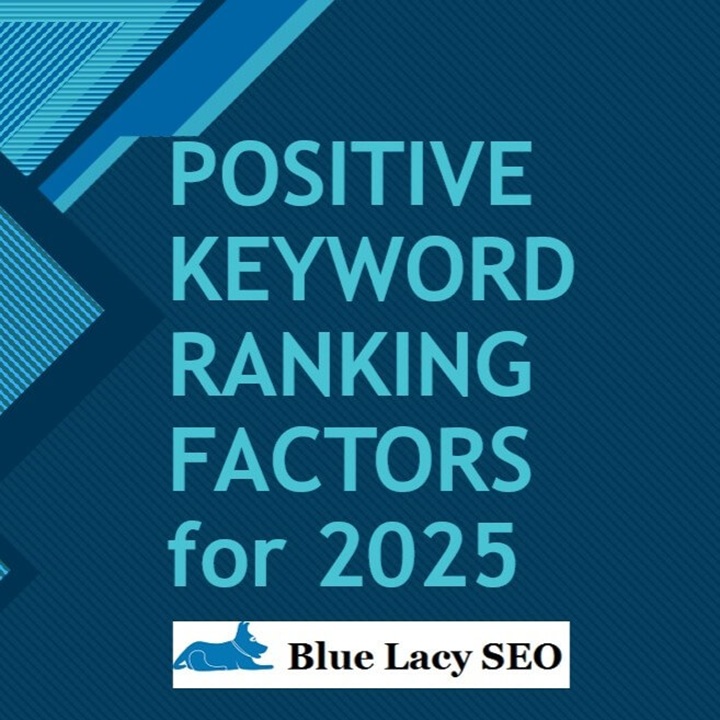Why should someone trust you and your business? Maybe they found you by typing a query into Google. Or perhaps they stumbled across your business from your social media link, from a directory listing, like Yelp, or from your Google My Business listing.
At this point your relationship with this visitor is ZERO.
Yes, they found your website, but what makes you any more trustworthy than the person handing out fliers at a stop light or a person dancing on the side of the road holding a business sign?
It’s just a fact that most prospective buyers are naturally skeptical. People are now more aware of scams, questionable marketing schemes, and downright lying.
Website visitors need more than big, bold letters that shout, “We Are The BEST.”
Here are 9 actionable steps you can use to gain visitors your trust.
1. Video Testimonials
One of the best trust builders is video testimonials. Video allows your potential customers a connection with the people using your service or product. Great video testimonials need to be high quality with professional editing. They also need to be short, no more than 90 seconds.
Your ‘happy’ customer needs to address the problem they had and how your product or service solved their problem or made their life easier.
2. Online Reviews
The video testimonials are great for growing trust with prospects, but you still need online customer reviews.
Third-party customer reviews are real and genuine opinions or ratings posted by your customers on other websites. For example, your customers may review your business on Facebook or on your Google My Business listing. There are also review websites, like Yelp, or Yellow Pages, where your customers can share their experience with your brand. Then, share these reviews and your overall rating on your website.
It has been shown that people seeing a number of positive reviews for your business is a big plus in deciding to do business with your brand.
3. Professional Website Design
57% of internet users say they won’t recommend a business with a poorly designed website, especially on mobile devices.
47% of people say that a website’s design is the number one criterion for discerning the credibility of the company. Yet, many businesses haven’t updated or improved the design of their website for 10 years or more. Links that don’t work, pages that won’t load or are slow to load are deciding factors to leave your site and go elsewhere.
4. Clear and Visible Contact Information
There is nothing worse for a website visitor than if they can’t find a way to contact you. This creates frustration and distrust. Think about it, would you trust a business that looks as if they are hiding their identity or avoiding contact with people?
Clearly showing your contact information on your website, phone number, address, and email address, puts visitors at ease knowing that if they ever have a problem they will be able to get in touch. It also sends credibility signals to Google if your contact information matches up with your local business data.
5. Fast Response Times
It is very important that you respond to people once they contact you. There is no point in having an easy way for people to get in touch unless you are ready and willing to handle these requests. In fact, by not responding, you lose even more trust than if you didn’t have the contact information available in the first place!
This also means responding to negative as well as positive reviews. This shows that you care about all of your customers.
Consumers desire a fast and efficient response from companies, which is exactly why Facebook gives this prominence on business pages. If you are responsive to messages, you are rewarded with a nice green label that says so.
6. Be Personable
People want to connect with people, not brands. So, take every opportunity you can to personalize your online experience and it will establish a trusting relationship with your potential customers.
Some examples of personalizing a brand.
- Writing a personal ‘About us’ page with photos of your team.
- Feature your employees by giving them a voice on social media.
- Showcase your personal involvement with your customers.
7. Guarantees, Badges, and Awards
Awards, badges, and guarantees are another way to alleviate your web visitors’ concerns about the trustworthiness of your business. A guarantee lets people know that you aren’t simply after their money, but that you actually want to deliver them a valuable product and experience.
8. Quality Content
Whether you run a blog, YouTube channel, host a podcast, or just publish quality content on your website or social media pages, it contributes to the trust equation with your prospects.
The thing about non-promotional content is that it takes a lot of time and effort to create, and technically, you aren’t ‘required’ to produce it. People respect this effort. It tells them that you are willing to go above and beyond to entertain them or solve their problems, without asking for a credit card.
That’s what I try to do by producing some helpful, quality content through a weekly newsletter and a website blog.
9. Tell the Truth
If you want customers and potential customers to trust you, always tell the truth. This may be the most important trust factor. It’s not surprising that the most dis-trusted businesses are car repair centers and car dealers.
If you don’t do what you say, or don’t back your work or product, then why are you in business, other than to deceive people?
If you make a mistake or deliver poor service, own up to it and make it right. People will appreciate it and will trust you.
Conclusion
We live in a digital world that is burdened by skepticism and untrusting consumers. Of course, this is not your brand’s fault – but many businesses before you burned down your niche business by ripping people off.
Unless someone personally recommended to your business, they are unlikely to trust you after one or two interactions. Instead, they require multiple touchpoints across various channels, combined with social proof and trust elements in order to take the plunge.
Take a moment to look at your online presence from a stranger’s perspective and ask yourself; are you really that trustworthy?
As always, if you need help with your website, contact Blue Lacy SEO.


